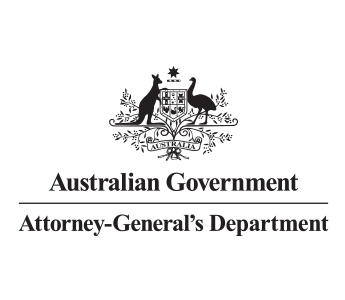Who you gonna call? Needing ghostbusters in private education
Efforts to counter fraud in the private higher education sector continue as deceptive education providers or ‘ghost colleges’ find new ways to exploit and defraud.
The now defunct Vocational Education Training (VET) FEE-HELP scheme established in 2008 serves as a salient reminder that nefarious behaviour that can arise in the sector. The program aimed to increase participation in vocational education and training courses by providing income-contingent loans covering the cost of study for eligible students. However, a lack of safeguards and loan limits meant that VET providers could charge excessive amounts for courses that were not required to obtain a qualification. This led to so-called ‘ghost colleges’ being established with the sole purpose of enrolling students on paper but not providing an adequate education.
The Australian Government Actuary (AGA) estimated that $1.2 billion in income-contingent loans were issued improperly in 2014 and 2015 by approved VET providers. These loans were issued to students enrolled who remained unaware of their debts until they reached the income threshold. AGA also estimated that around $1 billion is not expected to be recouped from recipients, primarily low-income earners who were unlikely to ever meet the repayment threshold. Many ghost colleges capitalised on the vulnerabilities of these individuals by offering upfront incentives, ranging from new computers and tablets to cash vouchers in exchange for enrolments.
The face of fraud is always changing. The VET FEE-HELP scheme was decommissioned and replaced by the VET Student Loans program, but fraudsters continued to find new ways to exploit and defraud. Again, ghost colleges were found to be misusing the temporary visa program by enabling international students to work in Australia without actually studying, in breach of their visa conditions. Not only did this practice expose the visa holders to the risk of exploitation and disadvantage, but it also came at great cost to businesses, the integrity of our borders and trust in government programs. Amendments to the Education Services for Overseas Students Act 2000 (Cth) intended to strengthen integrity in the sector are currently before the Senate. In 2024, the Australian Skills Quality Authority (ASQA) also ordered the closure of 150 dormant VET providers.
Considerable efforts by law enforcement and regulatory agencies have led to the prosecution and closure of many fraudulent VET providers. ASQA cancelled the registrations of 51 private education providers because they were not committed to and capable of delivering quality VET outcomes. ASQA also took decisive regulatory action against four critically non-compliant providers between October and December 2024, cancelling their registration. Where the providers were found to have issued qualifications without the appropriate training or assessment, ASQA cancelled more than 21,000 qualifications and statements of attainment issued to more than 18,750 individuals. The Australian Competition and Consumer Commission (ACCC) began numerous proceedings, most notably against the Phoenix Institute of Australia and Community Training Initiatives, which were ordered to pay $438 million for unconscionable conduct towards students.
Joint operations like Operation Inglenook, as well as multi-stakeholder forums like the Fraud Fusion Taskforce, serve as noteworthy examples of the power of cross-government collaboration in countering fraud. By sharing intelligence, leveraging expertise and aligning policies and practices, both practitioners and policymakers can respond in a coordinated and consistent approach to the wide-ranging impacts of increasingly sophisticated and complex offending.

Author: Benjamin Colter

